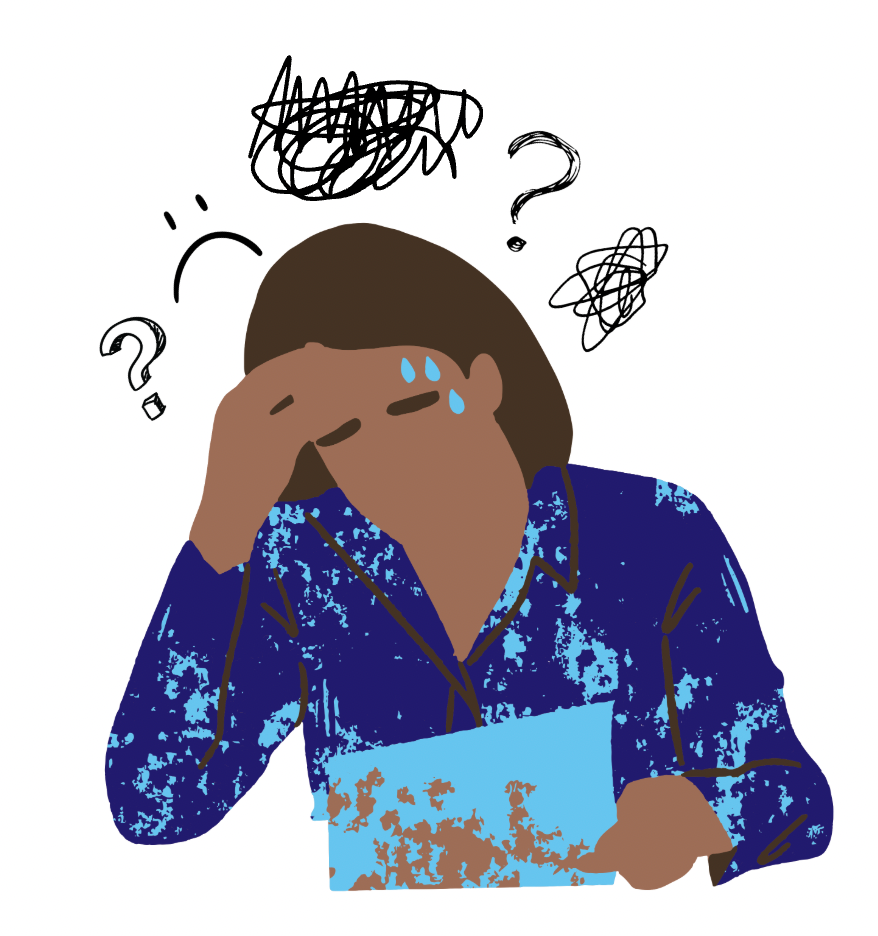OCD Beyond the Stereotypes: What It Really Looks Like
- T and C Psych

- Feb 24
- 2 min read
Obsessive-Compulsive Disorder (OCD) is often misunderstood, with stereotypes reducing it to just excessive cleanliness or a need for perfect organization. In reality, OCD is a complex mental health condition characterized by intrusive thoughts (obsessions) and repetitive behaviors (compulsions) that go far beyond simple preferences for order.

Common Misconceptions About OCD
Many people assume OCD is just about being neat or liking things "just right." However, OCD is not a personality quirk—it’s a serious mental health disorder that can interfere with daily life.
Some common myths include:
OCD is just about cleanliness. While some people with OCD focus on contamination fears, others experience intrusive thoughts about harm, morality, or even relationships.
OCD is always visible. Many individuals suffer in silence, performing mental rituals or avoiding triggers rather than engaging in obvious compulsions.
OCD means you like things a certain way. Preferences are not the same as compulsions, which are distress-driven and difficult to control.
How OCD Really Manifests
OCD symptoms fall into different categories, with common obsessions and compulsions including:
Obsessions (Intrusive Thoughts)
Fear of contamination or illness
Unwanted violent or disturbing thoughts
Fear of harming oneself or others
Excessive concern over moral or religious correctness
A need for things to feel "just right"
Compulsions (Repetitive Behaviors)
Excessive handwashing or cleaning
Checking locks, appliances, or safety measures repeatedly
Mental rituals like counting or repeating phrases
Avoiding situations that trigger distressing thoughts
Seeking excessive reassurance from others
The Impact of OCD on Daily Life
OCD can be debilitating, affecting relationships, work, and overall well-being. Many individuals with OCD experience anxiety, shame, and frustration when their compulsions interfere with their goals. Avoidance behaviors can also limit opportunities and social interactions.
Seeking Support for OCD
OCD is treatable, and professional support can help individuals develop coping strategies. Therapy, such as Cognitive Behavioral Therapy (CBT) and Exposure and Response Prevention (ERP), is highly effective in managing symptoms.
Take the Next Step with T and C Psych
If you or a loved one struggle with OCD, professional support can provide relief and empowerment. Contact T and C Psych today for expert evaluation and personalized treatment options tailored to your needs.





Comments